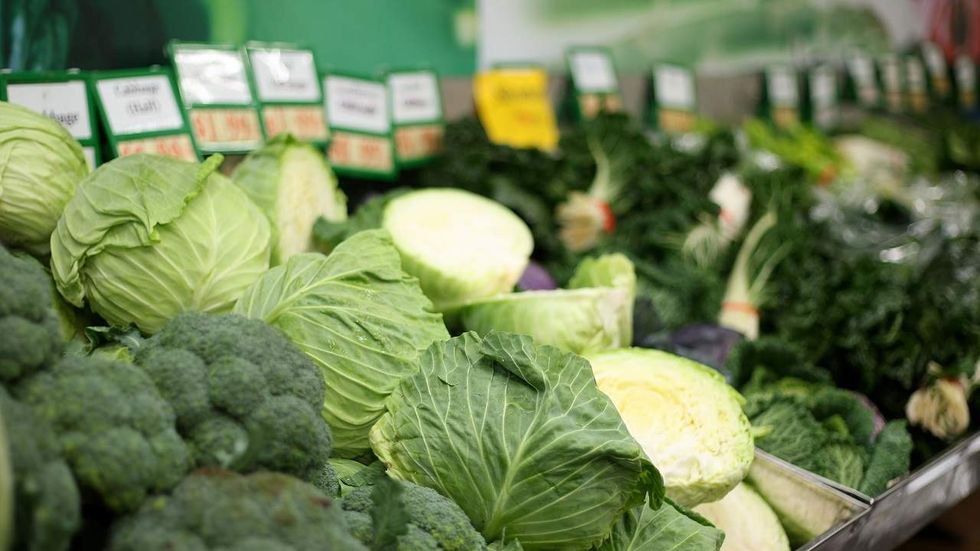
Sandra Mu/Getty Images

Maybe vegetarians aren’t so peaceful after all? A study showed that plants are aware when caterpillars are munching on them and can actually use defense mechanisms to react to being eaten. Keith Malinak had the story as part of the day’s headlines on Tuesday’s “The Morning Blaze with Doc Thompson.”
Vegetarians and vegans often cite cruelty to animals as a reason for their lifestyle choice not to eat meat or to avoid animal products altogether. But a 2014 study from the University of Missouri found that thale cress, which is closely related to broccoli, kale and mustard greens, can distinguish between the vibrations from normal stimuli in the environment and an invasive predator.
The thale cress reacted to being munched by caterpillars by producing an extra boost of the mildly toxic mustard oils in its leaves; however, wind noise didn’t produce the same toxic injection.
“Vegetarians and vegans need to pay heed,” Keith said.
“I know,” Doc countered. “It makes me want to eat vegetables more now that there’s suffering involved.”
A University of Missouri researcher involved in the study compared their findings to previous research that has shown that plants respond to musical vibrations.
To see more from Doc, visit his channel on TheBlaze and listen live to “The Morning Blaze with Doc Thompson” weekdays 6–9 a.m. ET, only on TheBlaze Radio Network.
BlazeTV Staff